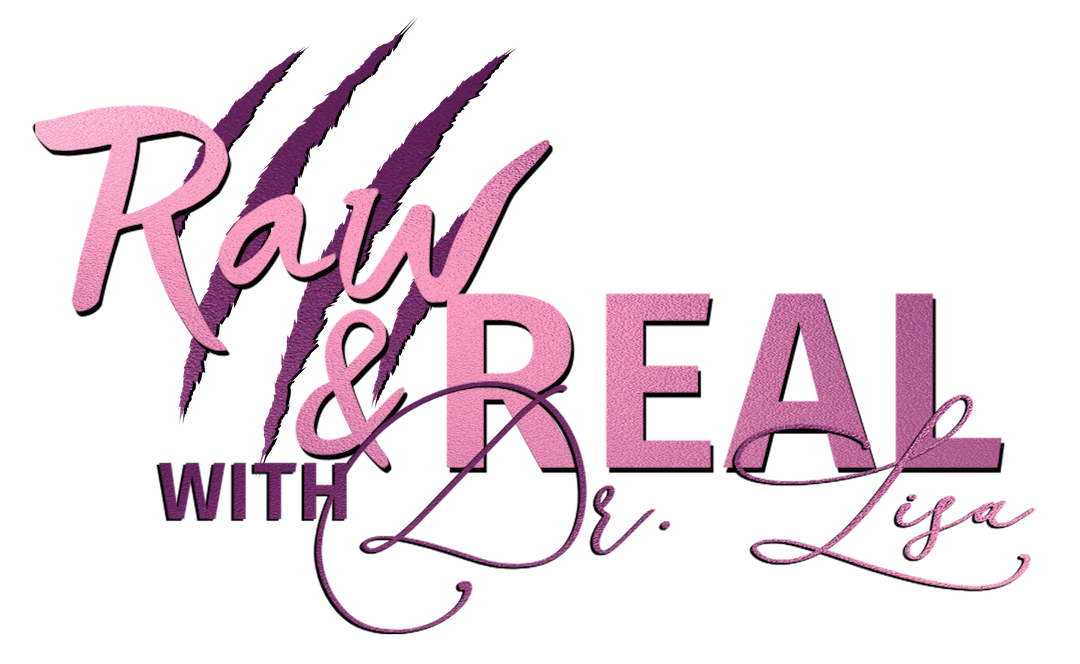The Impact of Childhood Trauma on Adult Success

From Wounds to Wins: How Childhood Trauma Shapes Adult Success and the Journey to Healing
Childhood is often seen as a time of innocence, exploration, and joy. However, for many, it’s marked by trauma—whether due to abuse, neglect, or other adverse experiences. The scars left by these early experiences can have profound effects on adult success, impacting everything from emotional health to career achievements. This blog post will explore how childhood trauma influences adult success and offer insights on recovery from abuse, life after trauma, and the path to emotional healing and personal growth after abuse.
The Lasting Effects of Childhood Trauma
Childhood trauma is more than just a memory—it’s an experience that can alter brain development and affect how an individual interacts with the world. Trauma survivors often face challenges such as:
- Low Self-Esteem: Many individuals struggle with feelings of worthlessness, which can hinder their ability to pursue their goals confidently.
- Trust Issues: Trauma can lead to difficulties in forming trusting relationships, both personally and professionally.
- Mental Health Challenges: Anxiety, depression, and PTSD are common among those who have experienced childhood trauma.
These challenges can create significant barriers to success, making it difficult to maintain stable relationships, hold down a job, or even believe in one’s ability to succeed.
Overcoming Abuse: The Road to Recovery
While the impact of childhood trauma is profound, it is not insurmountable. Trauma recovery is a journey that involves understanding the effects of trauma, developing coping strategies, and working towards healing and growth. Resources and support systems play a critical role in this process.
- Therapy and Counseling: Professional therapy is often the cornerstone of recovery. Whether it’s through individual counseling or support groups, talking through traumatic experiences with a qualified professional can help in processing these events and reducing their hold on one's life.
- Mindfulness and Meditation: These practices can help in managing symptoms of anxiety and depression, offering a way to stay grounded in the present rather than being overwhelmed by past experiences.
- Personal Development: Engaging in activities that build self-esteem and foster personal growth is vital. This might involve setting small, achievable goals, pursuing new hobbies, or learning new skills.
For more detailed strategies on overcoming abuse and fostering emotional healing, explore Dr.Lisa's Website .
Life After Trauma: Transforming Pain into Power
One of the most significant aspects of life after trauma Involves the ability to transform pain into power. This concept revolves around using the experiences of the past as a driving force for positive change. It’s about taking control of your narrative and rewriting it in a way that empowers rather than diminishes you.
- Resilience: Many survivors develop incredible resilience, a trait that can be a significant asset in both personal and professional settings. Resilience allows individuals to bounce back from setbacks and continue striving toward their goals.
- Empathy and Leadership: Those who have overcome trauma often develop a deep sense of empathy, making them strong leaders and advocates for others. They understand hardship and can provide support to those who may be going through similar experiences.
- Creativity and Innovation: Many people who have experienced trauma find creative outlets as a form of therapy. This creativity can lead to innovative thinking and unique contributions in their careers.
For further reading on personal growth after abuse and how to turn trauma into a source of strength, Watch : Escape Abuse: Find Freedom and Healing and Visit (https://www.drlisacooney.com).
Abuse Recovery Strategies: Practical Steps to Heal
Effective abuse recovery strategies involve a combination of self-care, therapy, and support networks. Here are some practical steps:
- Establish a Support System: Surround yourself with people who understand and support your journey. This might include friends, family, or a trauma-informed therapist.
- Educate Yourself: Understanding trauma and its effects can be empowering. Books like "Creating After Abuse" provide valuable insights and exercises to support recovery. Consider exploring this book on trauma recovery Healing After Abuse for more in-depth knowledge.
- Set Boundaries: Learn to establish and maintain boundaries, especially with individuals who may trigger past trauma. Protecting your emotional health is crucial for healing.
- Focus on Self-Care: Engage in activities that promote physical, mental, and emotional well-being. Regular exercise, a healthy diet, and adequate sleep are foundational to recovery.
- Seek Professional Help: If trauma is interfering with your ability to function, seeking professional help is essential. A trauma-informed therapist can guide you through the process of healing.
Transforming from Trauma: A Lifelong Journey
Transforming from trauma is not a quick fix but a lifelong journey. Success in this journey is measured not just by external achievements but by the internal peace and strength that survivors cultivate over time. With the right strategies and support, it is entirely possible to heal from trauma and lead a successful, fulfilling life.
For those ready to embark on or continue their journey, explore the wide range of resources available on abuse recovery at Dr. Lisa Cooney’s website Dr.Lisa Cooney. Here, you can find tools, support, and guidance tailored to help you achieve lasting recovery and transformation.
This blog post has discussed the profound impact of childhood trauma on adult success and offered insights into the journey of trauma recovery. By understanding the challenges, embracing healing strategies, and leveraging resources like those found on Dr. Lisa Cooney’s website, survivors can overcome their past and build a brighter future.
Other resources:
Child Sexual Abuse Resources: bergmanlegal.com/child-sexual-
Season Two Is Here!

Raw & Real with Dr. Lisa
Stay connected with news and updates!
Join our mailing list to receive the latest news and updates from our team.
Don't worry, your information will not be shared.
We hate SPAM. We will never sell your information, for any reason.








